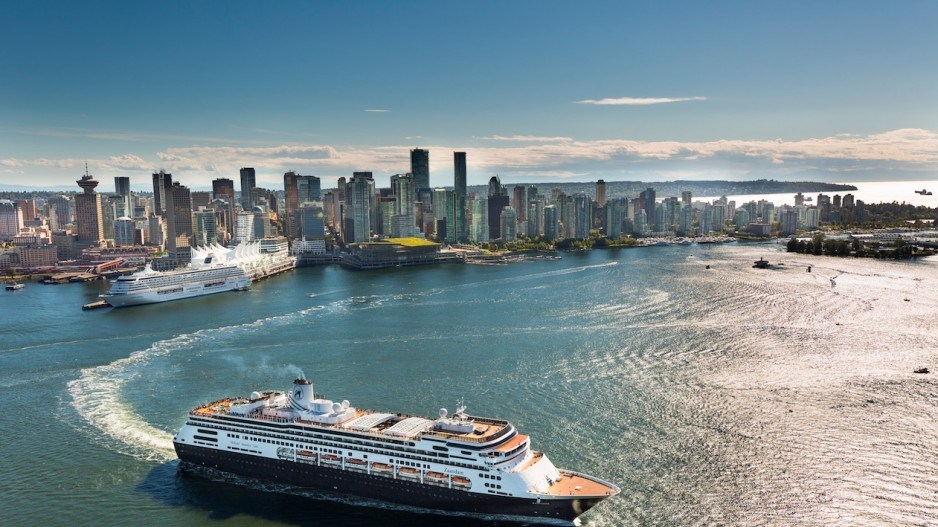Cruise vessels carrying over 100 passengers will not be able to enter Canadian waters this year, Minister of Transport Omar Alghabra announced Thursday.
The temporary measures for pleasure craft and cruise ships were scheduled to end on Feb. 28, 2021. However, Transport Canada says the safety of transportation workers is a top priority and adds that "Cruise vessels in Canadian waters pose a risk to our health care systems."
On Feb. 4, Alghabra announced two new Interim Orders, which prohibit pleasure craft in Canadian Arctic waters and cruise vessels in all Canadian waters until Feb. 28, 2022. This means:
- Adventure-seeking pleasure craft are still prohibited from entering Arctic waters.
- Passenger vessels carrying more than 12 people are still prohibited from entering Arctic coastal waters, including Nunatsiavut, Nunavik, and the Labrador Coast.
- Cruise vessels carrying more than 100 people are still prohibited from operating in Canadian waters.
Pleasure craft used by local Arctic residents will not be affected by these measures.
“As Canadians continue to do their part to reduce the spread of COVID-19, our government continues to work hard to ensure Canada’s transportation system remains safe,' said Alghabra.
"Temporary prohibitions to cruise vessels and pleasure craft are essential to continue to protect the most vulnerable among our communities and avoid overwhelming our health care systems. This is the right and responsible thing to do.”
With these prohibitions in place, Transport Canada notes that "public health authorities will be able to continue focusing on the most pressing issues, including the vaccine rollout and new COVID-19 variants."
Essential passenger vessels, such as ferries and water taxis, are not affected by the announcement.
Canadians are advised to avoid travel on cruise ships outside of the country until further notice.
Port of Vancouver responds to announcement
The Port of Vancouver is Canada's largest port. Typically, it welcomes over 800,000 cruise passengers annually.
In a statement, the port says the safety of local communities and travellers to B.C. remains its top priority and it will continue to support the direction of Transport Canada regarding the extension of the cruise restrictions.
"The Vancouver cruise industry is a key contributor to the local economy, stimulating $3.17 million in direct economic activity for each ship that calls at Canada Place, and $2.2 billion of total economic impact," explains the Port of Vancouver.
"The cruise industry is critical to the economic recovery of our region. The Vancouver Fraser Port Authority is working with our destination partners, Tourism Vancouver, Destination British Columbia, the Vancouver Hotel Destination Association, the Hotel Association of Vancouver, and the Vancouver Airport Authority to develop a framework for a future, phased restart of the Vancouver to Alaska Cruise.
"We remain committed to working with all levels of government, local communities and industry partners to restore confidence for cruise travel. When the time is right, we look forward to welcoming cruise travellers from within British Columbia, Canada and around the world."
The Government of Canada will continue to evaluate the situation and make changes as necessary to ensure the health and safety of all Canadians. Should the COVID-19 pandemic sufficiently improve to allow the resumption of these activities, the Minister of Transport has the ability to rescind the Interim Orders.



